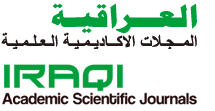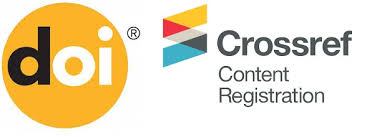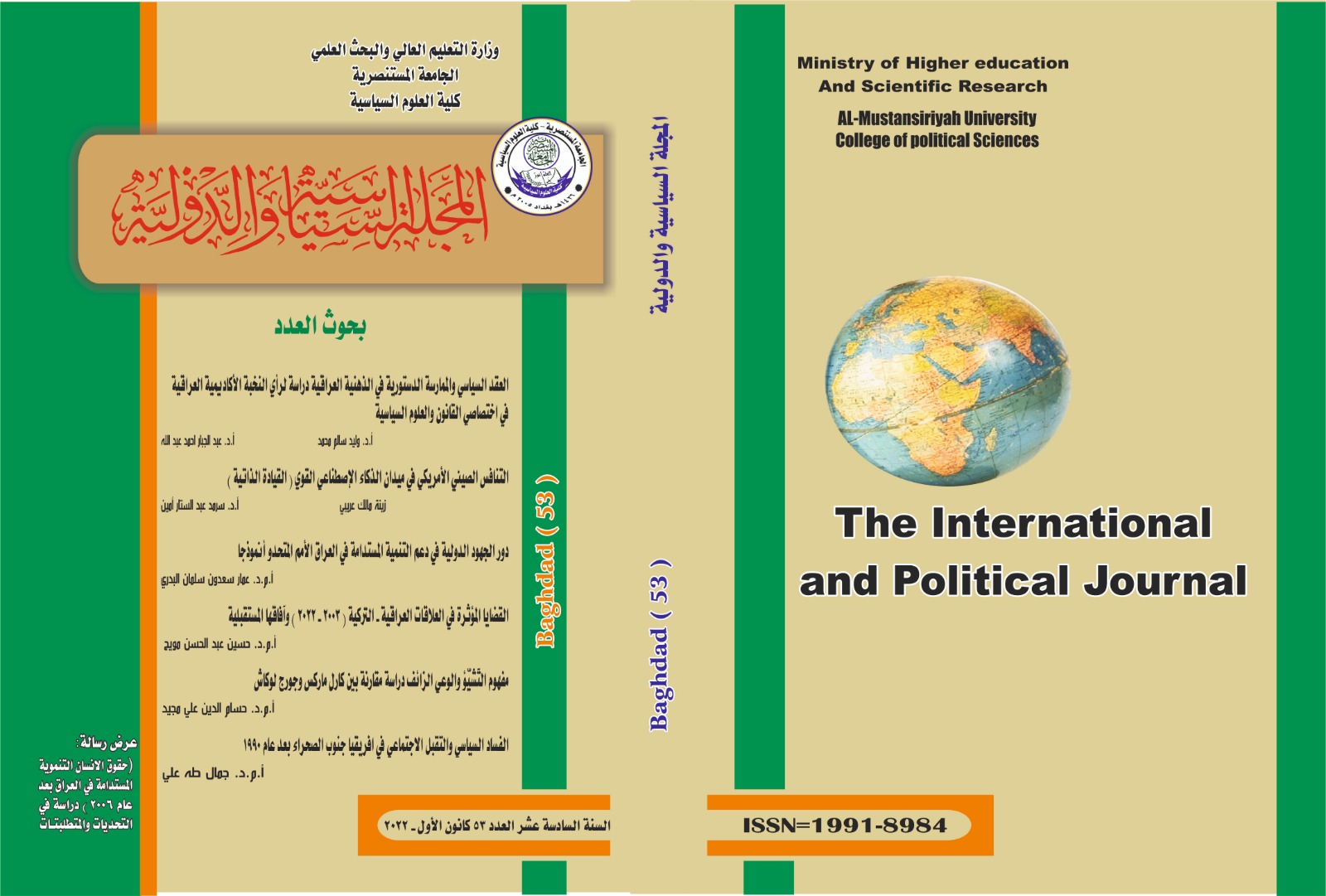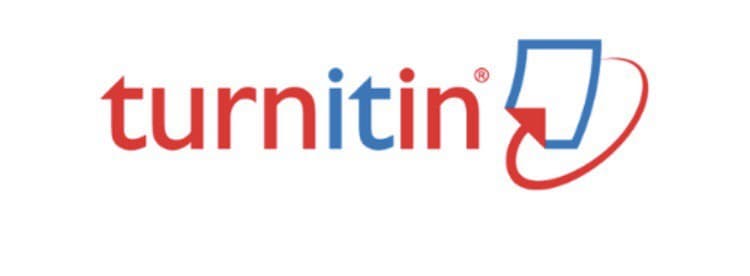Pascal’s Political Triangle: A Bet on Theology-Political Power-War
the international and political journal
Keywords:
Religious Wars, Theology, Political Power, Religious Reform.Abstract
Pascal is considered one of the philosophers of the modern era and the pioneers of modern Western philosophy. Pascal distinguished between two types of knowledge: emotional knowledge and rational knowledge. Emotional (existential) knowledge is what establishes the main principles of rational knowledge, including logic, deduction, etc., and in his opinion, true knowledge is Which combines the spirit of creativity in the heart and conscience and the mind that scrutinizes and crystallizes it... But all proofs for him are emotional or heart proofs, as they are what constitute the basic principles, and on this basis Pascal separates between science based on rational processes and faith based on certainty and feeling. This is because the issue of God’s existence is a major issue that can only be known through the heart and feeling and not the mind, because for him God does not need scientific proofs for his existence, but only through deep emotional faith in Him. Without this faith - Pascal says - there is no meaning to man’s existence and value. Faith is the luminous lamp that illuminates this visible world.
And Pascal in man: He says, “Man is a mysterious mystery or a deceptive creature, and he analyzes the depth of man and strips him of false, artificial morals. All people by nature hate each other, and man, from his many evils, created the concept of love, and established moral laws and constitutions to control his evils... and all of that.” A kind of falsehood.. We have no one but God to be saved from all evils.
This view is according to Pascal’s bet about the existence of God and belief in Him.” He put forward this bet with absolute certainty and a deep emotional feeling that embodies the only evidence he had to prove the existence of God. Emotional belief in God constitutes, for Pascal “an unlimited profit in Paradise, and no “Faith is an unlimited loss in hell.” But the question is: What is the nature of that faith, as some of them asked Pascal? Is it the Christian religion? Are they Catholics, Orthodox, Protestants, or believers other than this Christian religion, including Muslims, Buddhists, Jews, and dozens of other religions? It is a question that still exists. A focus of conversation, thinking, and disagreement after Pascal and to this day, without going beyond the importance of the moral dimension, the common good, and staying away from evil as principles that it is necessary to adhere to and adhere to, regardless of the details of faith or non-belief specific to this or that person, as it is a specificity that is linked to the person concerned within the context of His personal convictions (believer or atheist), which should not contradict the principles of justice, virtue, morality, and rejection of all manifestations of exploitation and evil.
Additional Files
Published
How to Cite
Issue
Section
License

This work is licensed under a Creative Commons Attribution 4.0 International License.
Journal Policies
All articles published in the International and Political Journal are licensed under a Creative Commons Attribution 4.0 International License. This means that the Authors can:
The journal allows reuse and remixing of content in accordance with a Creative Commons license.
Copy and redistribute the material in any medium or format.
Policy of publishing in The International and Political Journal
The journal is committed to the ethics of scientific publishing, and according to the publication ethics report of the journal.
The decision to publish is based on the value of the scientific research, to what extent it meets the conditions of publication approved, the declared policy of the journal, and its specialty.
It is based on the principles of the scientific honesty, and originality of research submitted for publication. It deals with the names of reviewers and their reports with great confidentiality.
The opinions published in the journal reflect the views of the authors, and not necessarily reflect the opinion of the editorial board.
The journal does not adhere to the publication of whatever comes to it. The time and place of publication are subject to technical considerations adopted in the editorial plan of the journal.
The journal does not abide to return the research papers to their owners whether accepted for publication or not.
The researcher is to be provided with the acceptance of publication within about 24 WEEKS. As for publication, the editorial board reserves its right in priority of publishing. The arrangement of the research papers in the same issue is subject to technical standards.
Diversify of publishing papers from solid universities and scientific centers from inside and outside Iraq is preferable.
The journal maintains hard copies and electronic archive of the published issues in addition to the publication of the research papers.
The journal also publishes the issues electronically through the website of the journal, and the official website of the Iraqi academic journals, and makes it possible to download. Thus, documenting the intellectual property of the research papers and publishing them internationally is achieved.
Terms of publication may be modified when necessary with no previous notice.
The researcher obtains a copy of his research paper. If he wishes to buy acopy of the journal, the volume costs ID 10000 from inside Iraq and $8from the outside.
The Editorial Board considers that the researcher who submits his research paper for publication in the journal has already read the terms and conditions of publication and agreed on them.
The journal publishes the research papers of the postgraduate students in special issues for this purpose.
Stages of editing and publishing:
The researcher undertakes that his research has never been published before, and has not been submitted for publication to other sides until the end of the evaluation procedures and the acceptance of publication in the journal.
The research papers submitted for publication are to subjected for preliminary examination by the editorial board to determine their suitability for the journal specialization, its policy and the safety of scientific research procedures, and then to indicate its eligibility for scientific evaluation. The editorial board may apologize for accepting the research all together or require the researcher to amend it in accordance with the journal policy before sending it to editors.
After conducting the scientific evaluation, the research paper returns back to the researcher to make the required amendments within a maximum of two weeks.
A copy of the final research paper is to be submitted to the secretariat of the journal a hard copy and a soft copy on a CD, in both Word and PDF format. The researcher is fully responsible for the typing and linguistic mistakes after submitting the full research paper on a CD.
Plagiarism checker
All research papers are subjected to Turnitin program to uncover plagiarism before being sent to scientific evaluation. The researcher undertakes a written pledge to take the legal and moral responsibility, in the event of the emergence of plagiarism or taking from the efforts of other researchers, without a reference to them. The journal uses appropriate anti-plagiarism software, such as Turnitin to check for plagiarism.
Dealing with Allegations of Research Misconduct
The Journal shall take reasonable and serious steps to identify and prevent the publication of papers where research misconduct has occurred, including plagiarism, citation manipulation, and data falsification/fabrication.
Scientific Evaluation:
Scientific evaluation strengthens the research paper submitted to the journal and helps to take the appropriate decision by the editorial board to publish it. It also benefits the researchers to improve and correct their research papers.
The research paper is sent to three evaluators in the same specialty to evaluate












